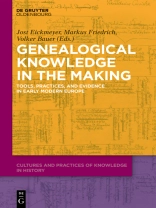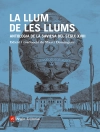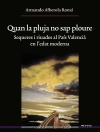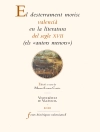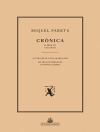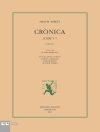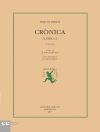This book examines how genealogical knowledge was produced in Early Modern Europe. It studies the procedures and difficulties of genealogical research and highlights the many challenges that had to be overcome in the process of establishing family histories. Archives had to be visited, stone inscriptions had to be deciphered, and countless individuals had to be identified. The papers demonstrate that none of these tasks were simple and that the results of the research efforts often remained ambivalent. How early modern genealogists went about studying these questions is investigated here in a comparative perspective that includes cases from Germany, Italy, France, Wales, and beyond.
Sobre o autor
Jost Eickmeyer, Freie Univerität Berlin;
Markus Friedrich, Universität Hamburg,
Volker Bauer, Herzog August Bibliothek Wolfenbüttel.
